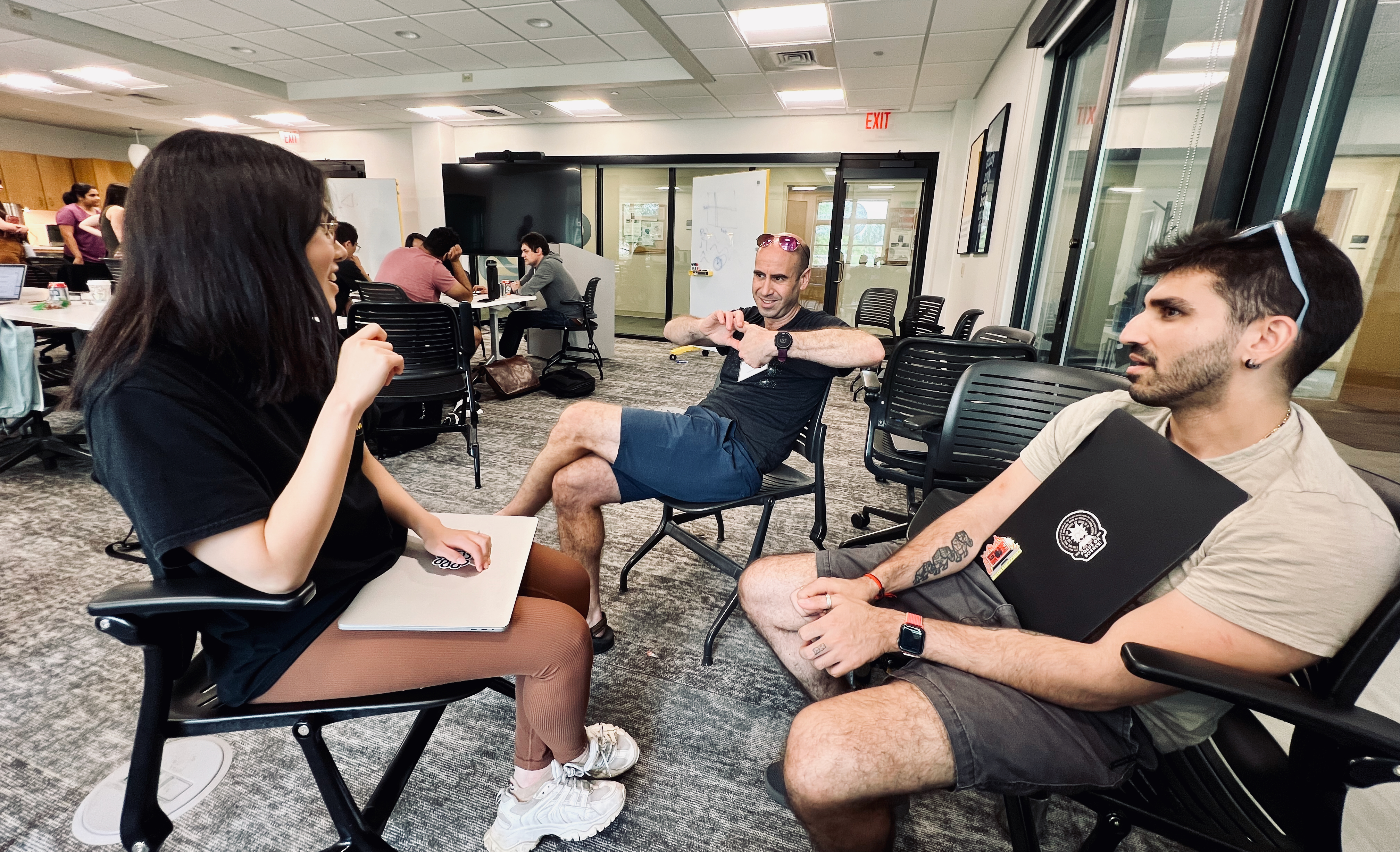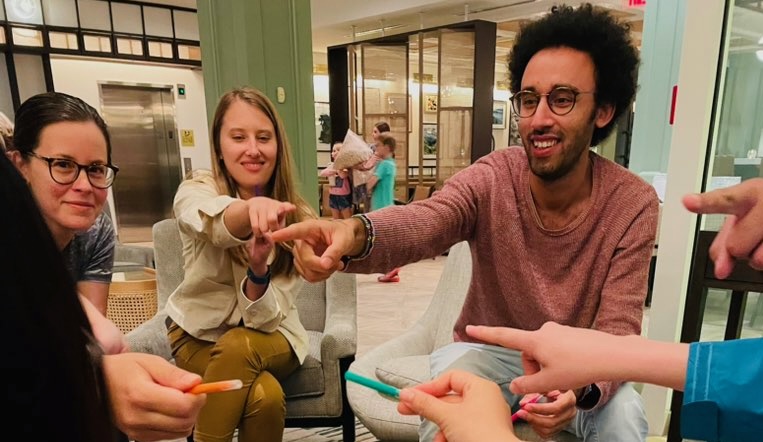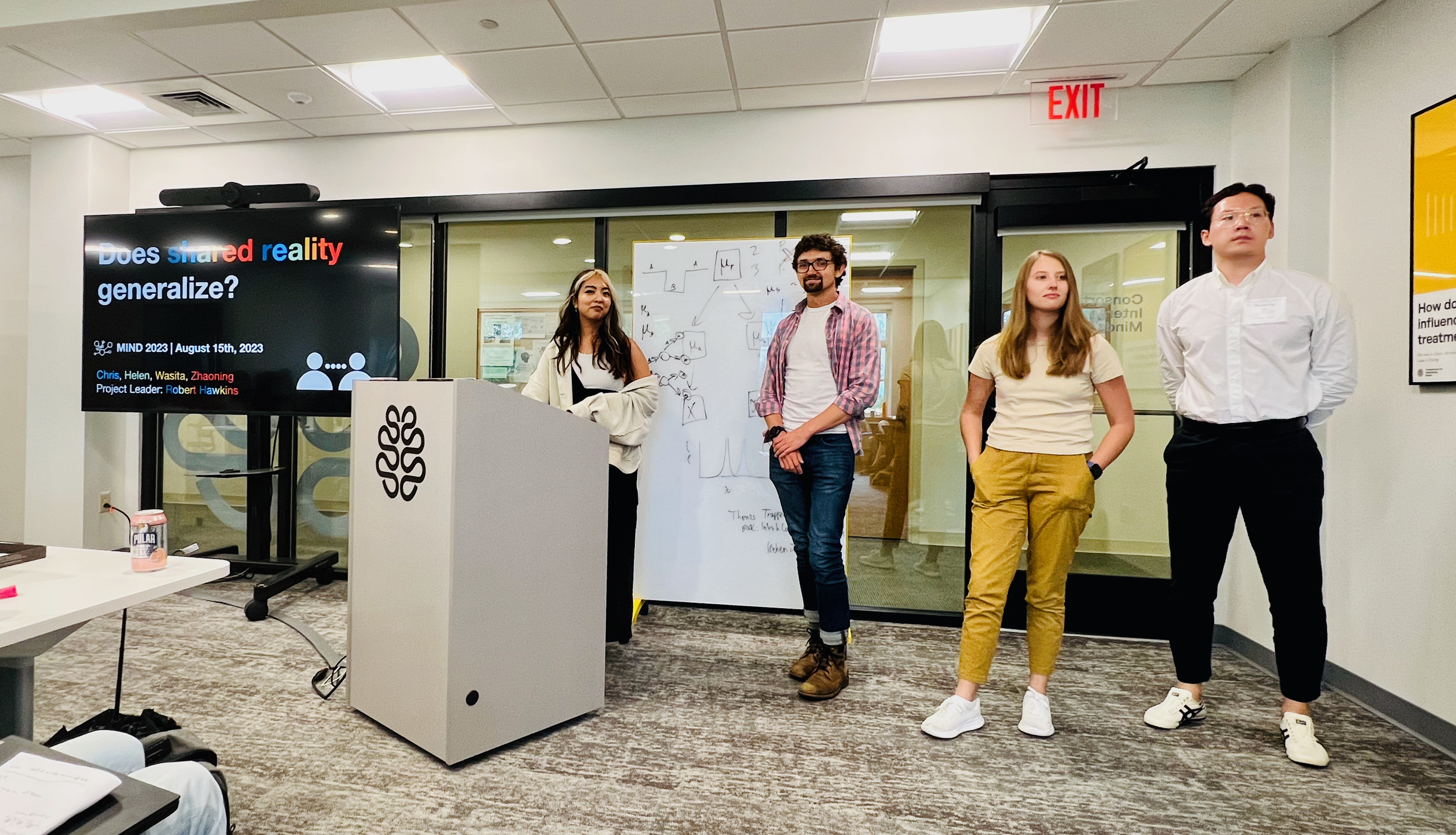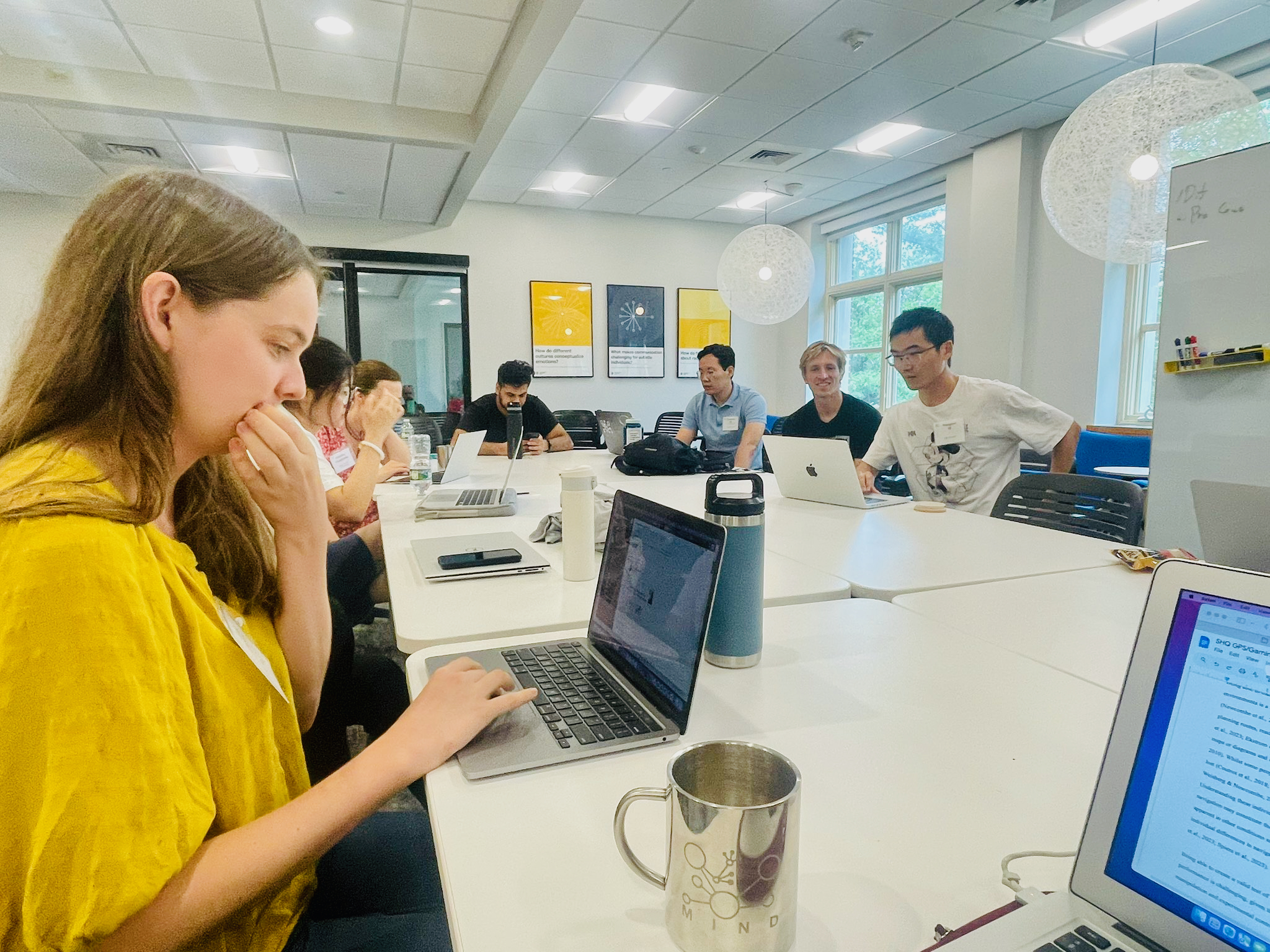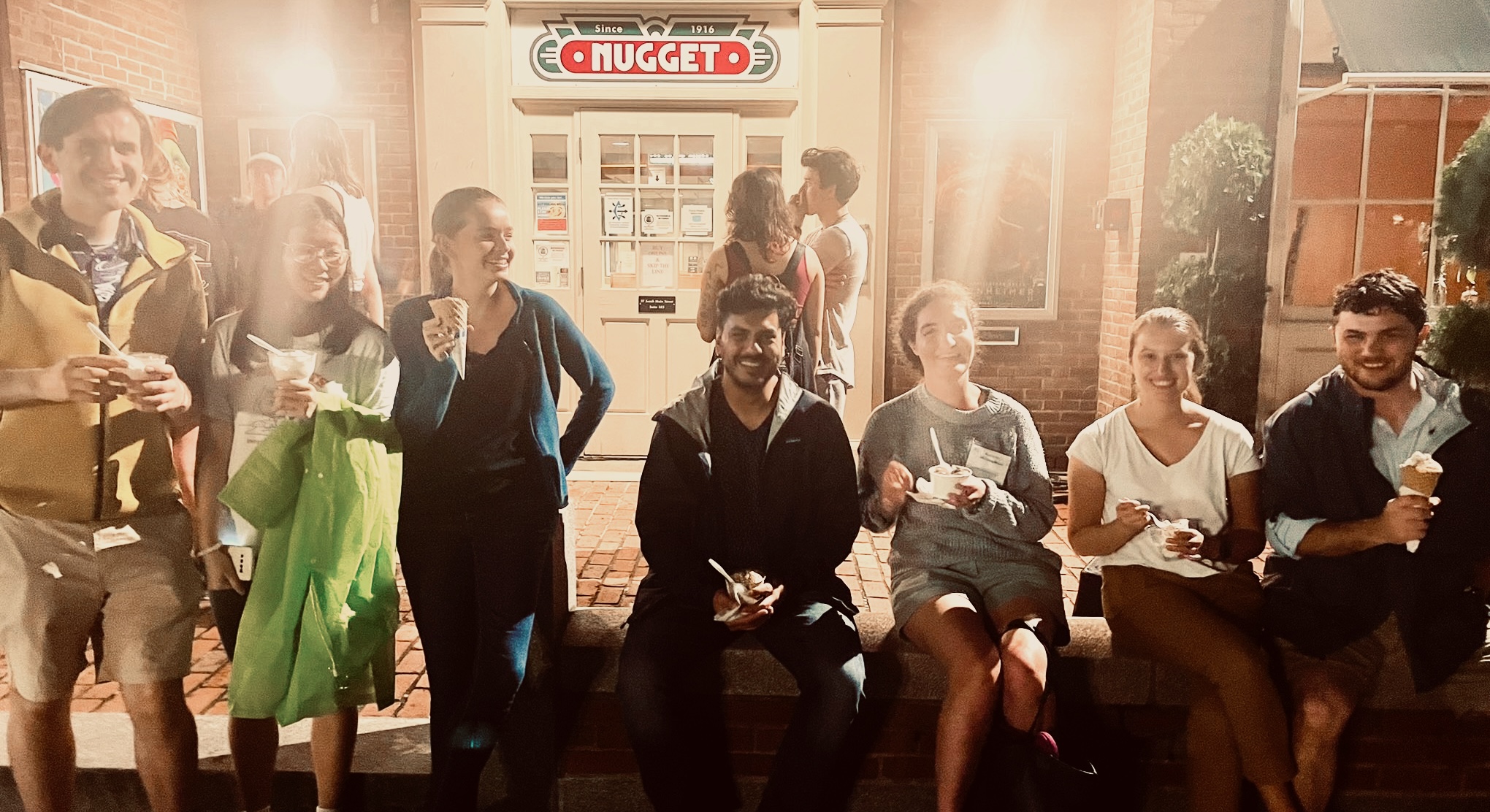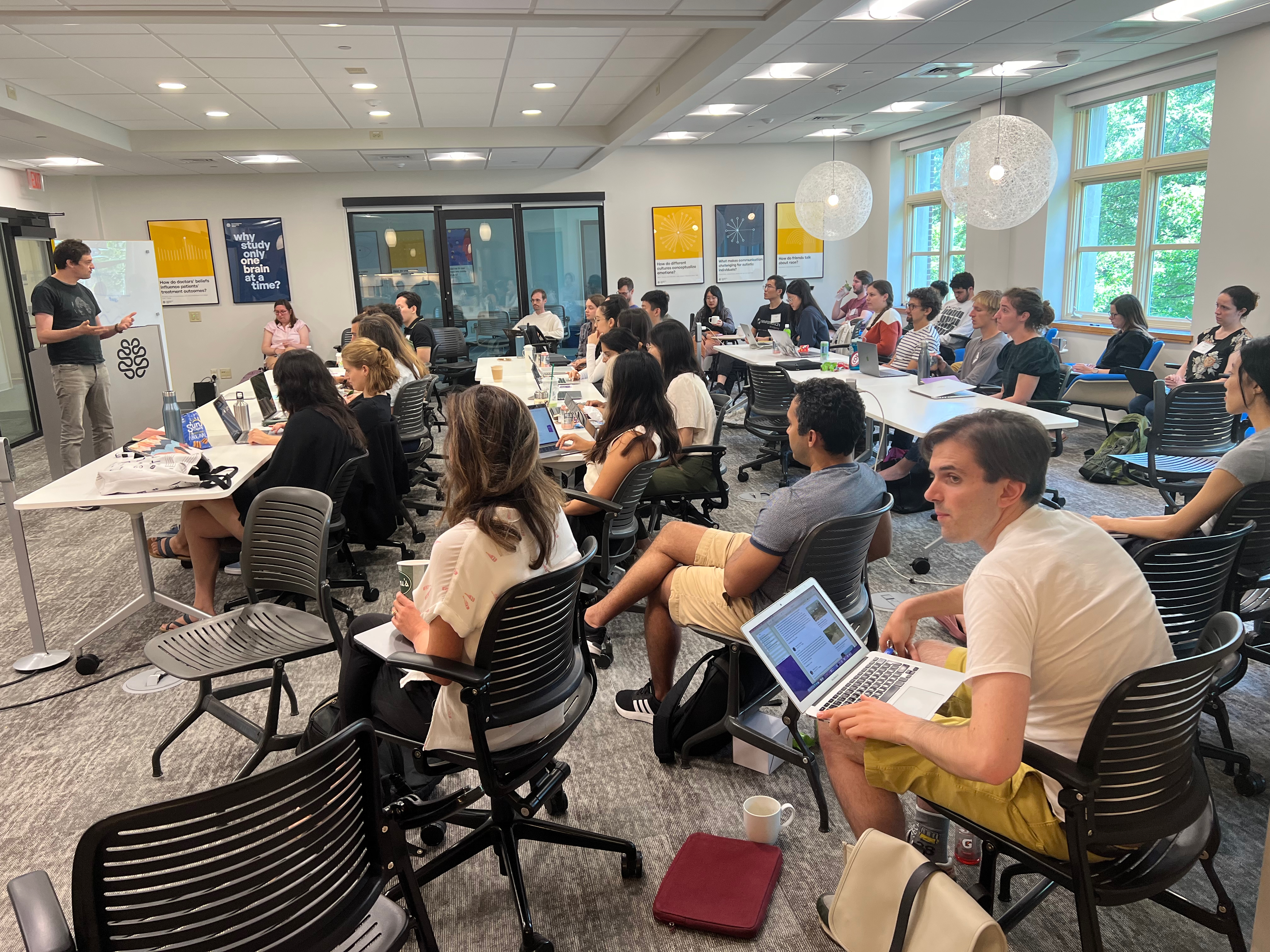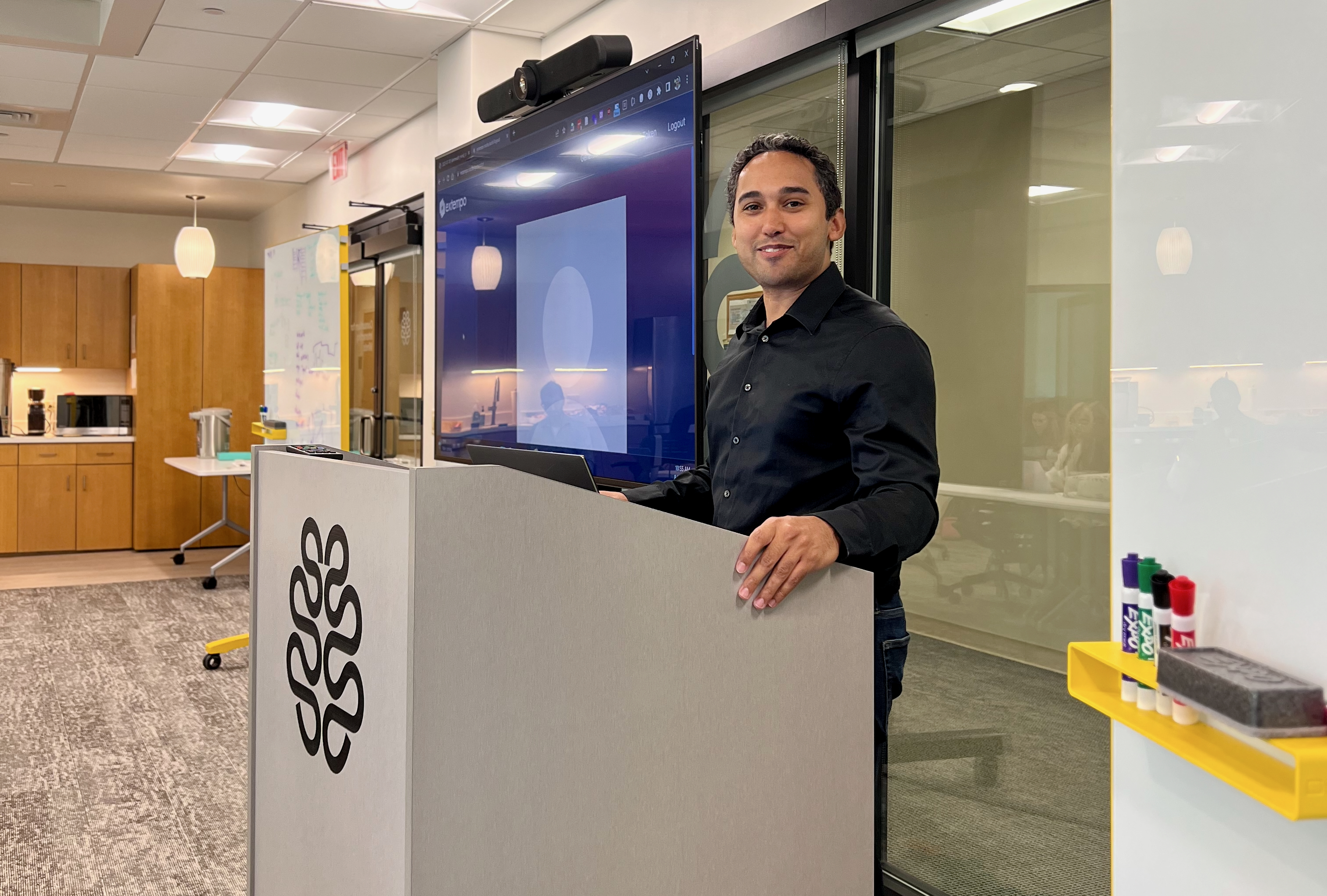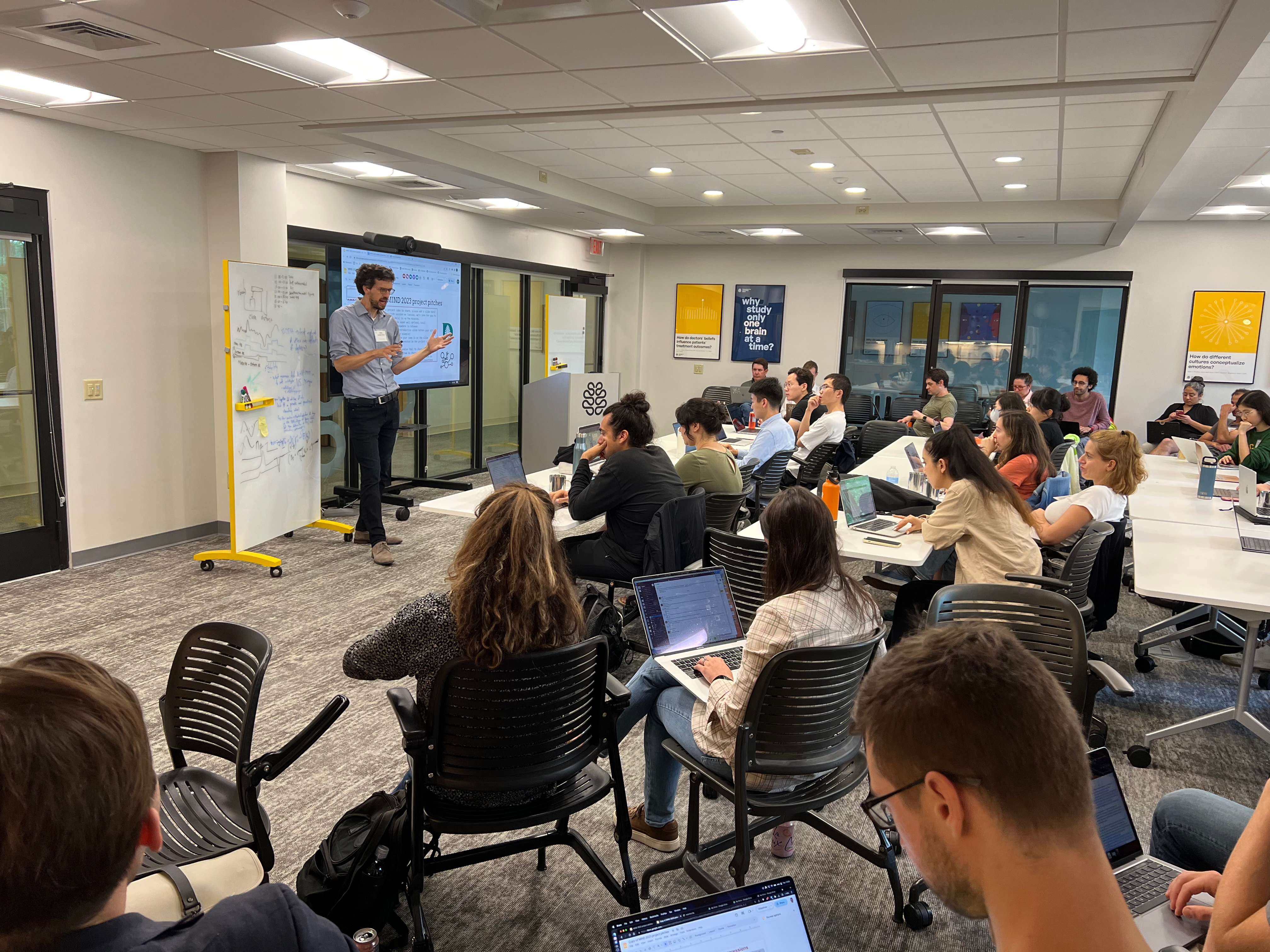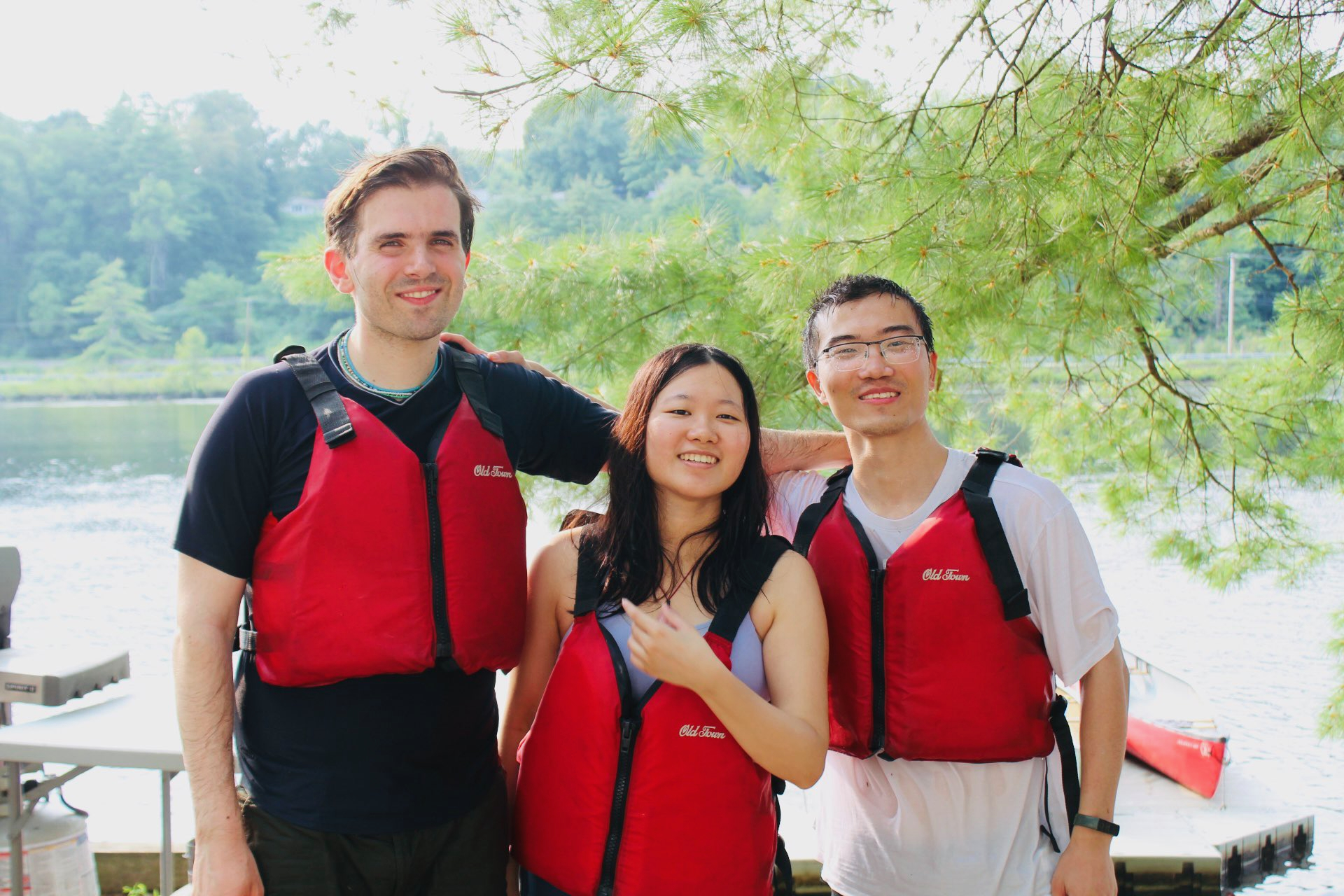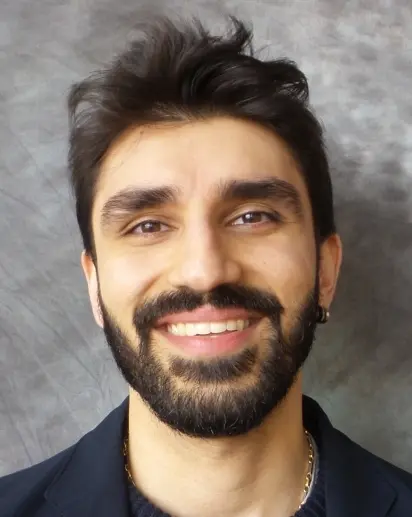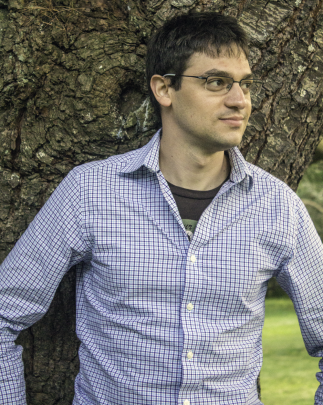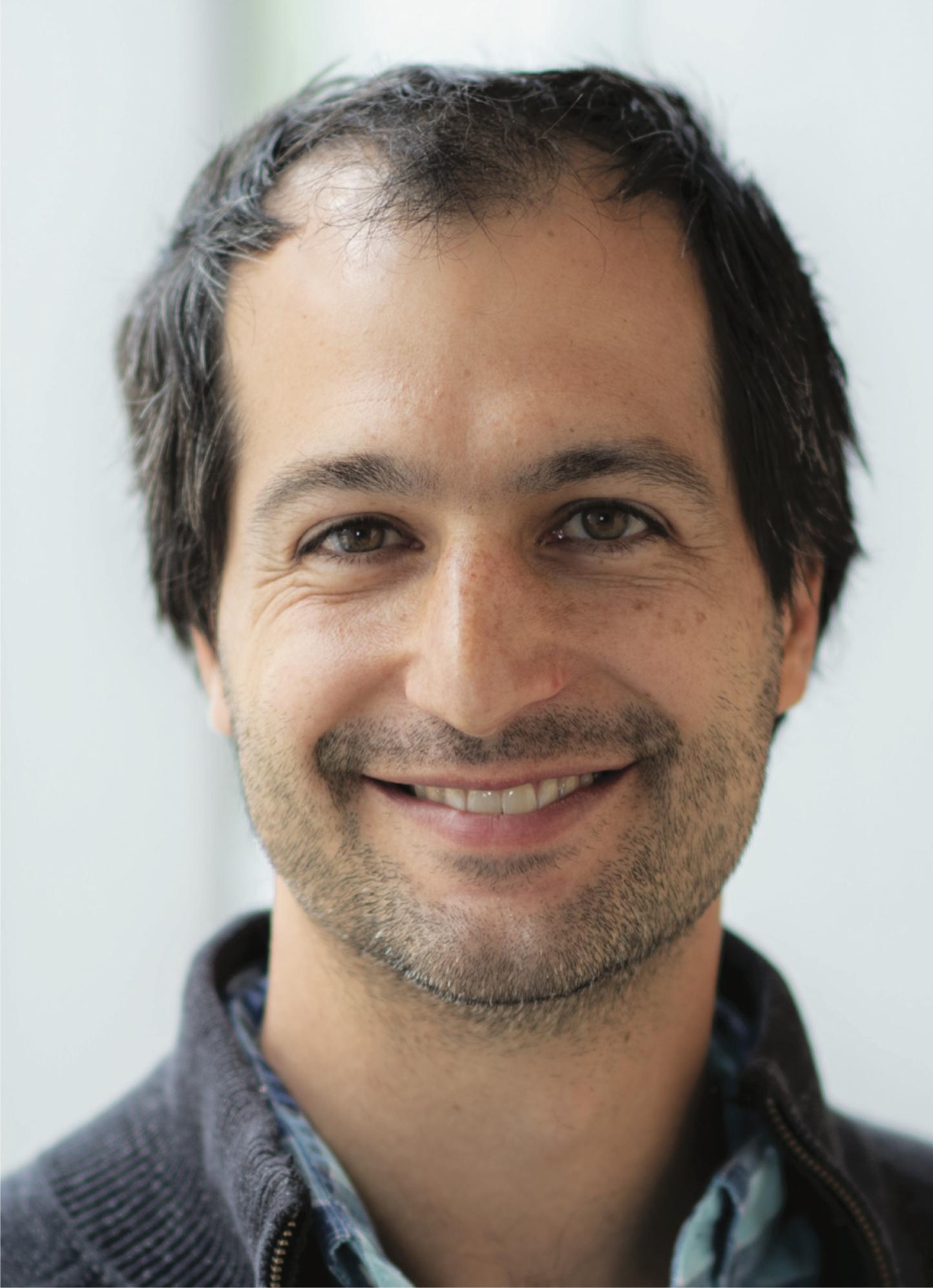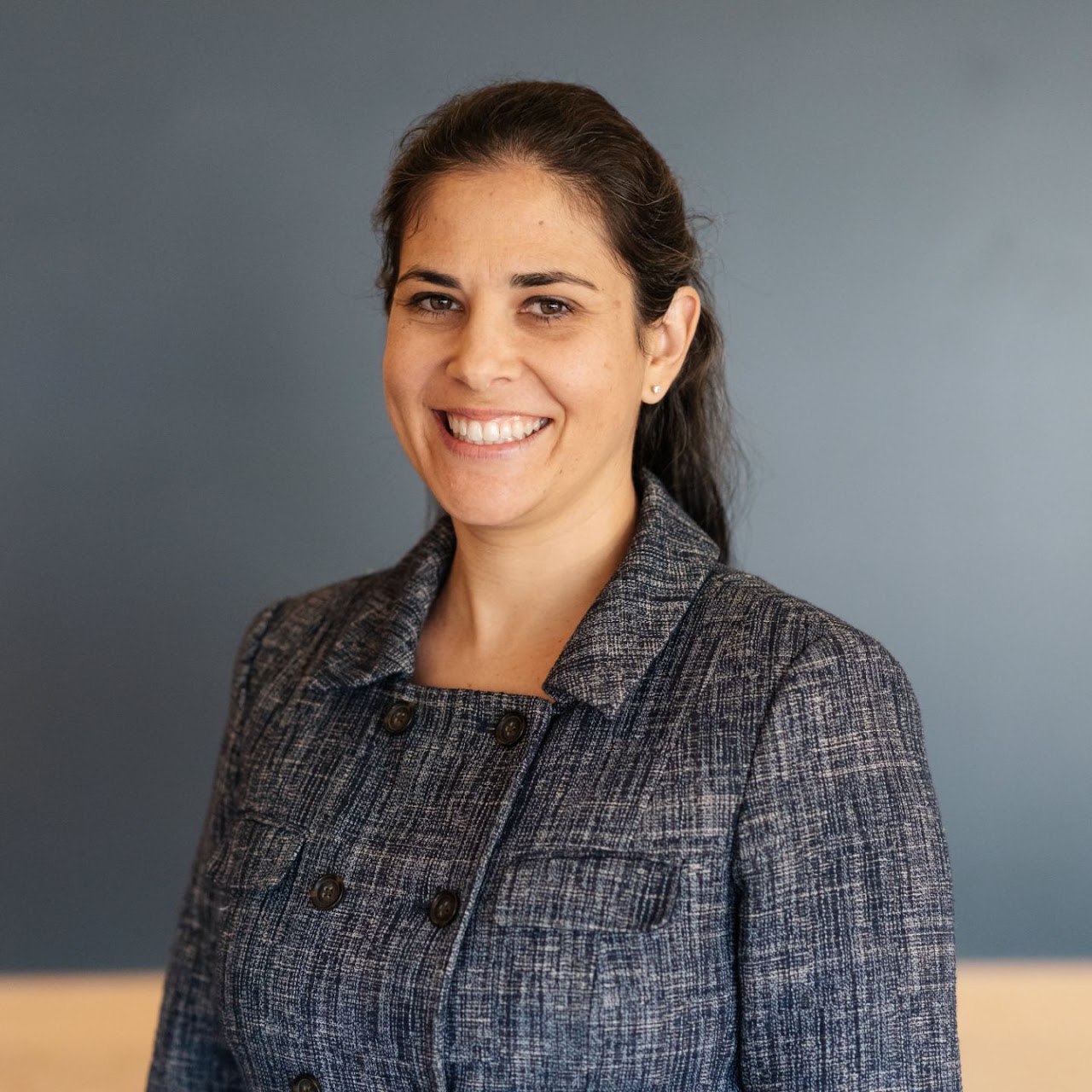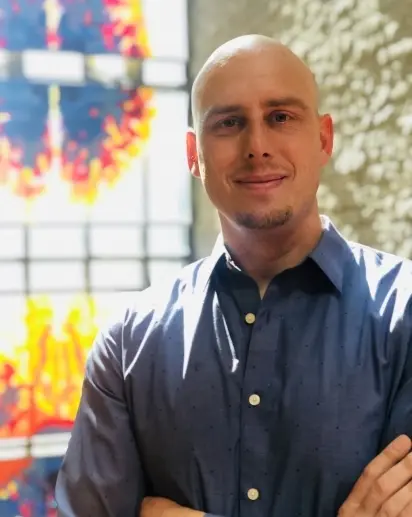Interacting Minds
In 2020, we planned on focusing on understanding how minds interact and connect with each other. Unfortunately, we had to cancel this event due to the Covid19 Global Pandemic. We were finally able to continue with MIND in 2023 with the same theme, but with a new set of faculty and applicants.
The bulk of research in psychology and neuroscience has focused on studying processes within single individuals. However, outside of the laboratory, individuals rarely operate independently but rather in the context of a complex constellation of social relationships. Social interactions form a pervasive and critical aspect of daily life, in settings such as professional and romantic relationships, family interactions, and everyday transactions such as commuting to work and buying groceries. Yet, these settings have received surprisingly little empirical study. We focused on discussing computational techniques that help us understand how we infer the beliefs, goals, intentions, and feelings of other agents, and how this information is communicated to others as well as other topics including communication, mentalizing, synchronization, and social networks.
Our tutorials can be found in our online jupyter-book tutorials.mindsummerschool.com.
Participants
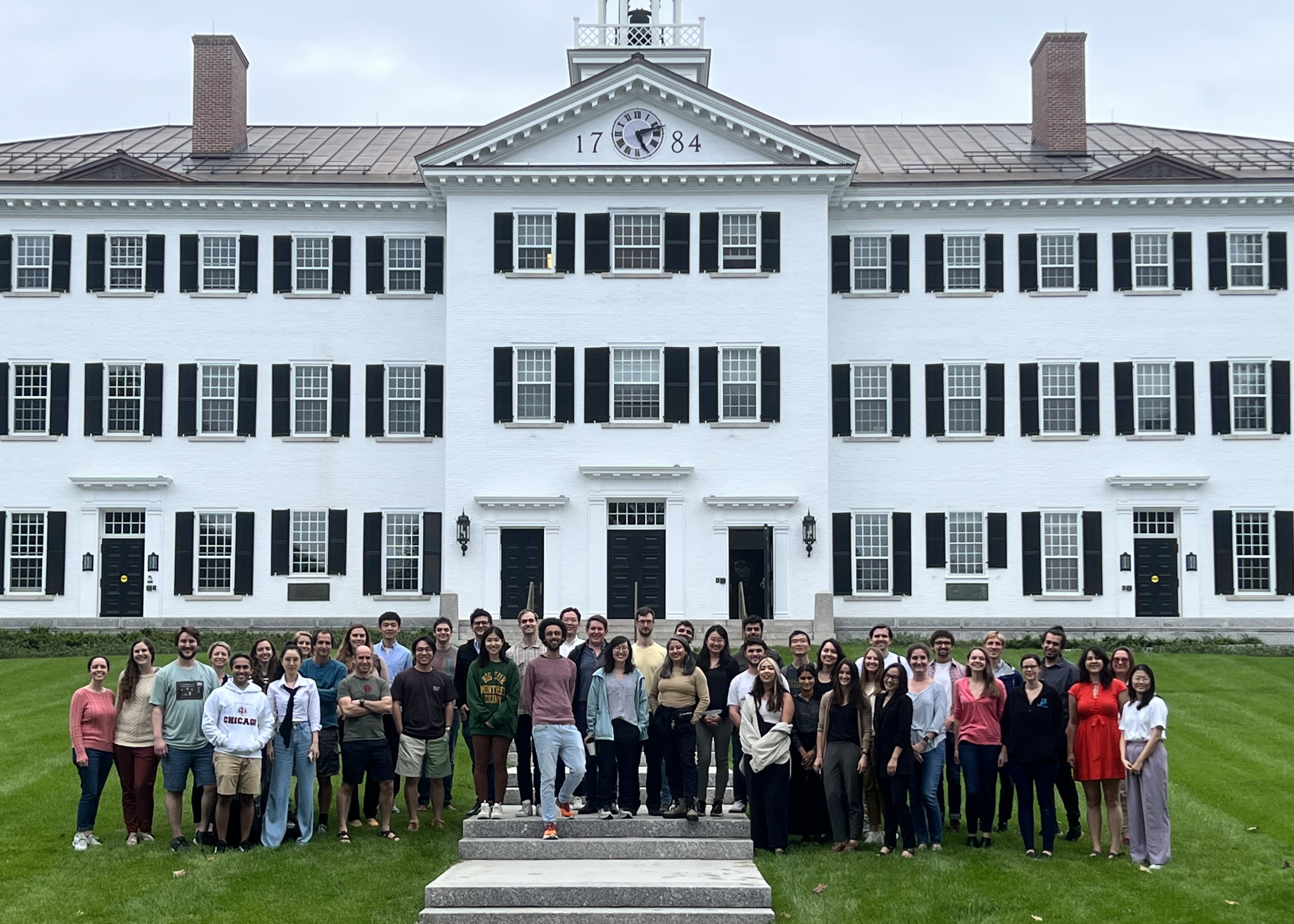
Caroline Charpentier, Chelsey Pan, Chris Welker, Dae Houlihan, Danika Geisler, Eleanor Collier, Elyssa Barrick, Emma Templeton, Emre Yavuz, Guangyao Qi, Haroon Popal, Hayoung Song, Helen Schmidt, Jean Luo, Katherine Soderberg, Kathryn McNaughton, Kieran McVeigh, Lindsey Tepfer, Marta Vigier, Megan Hillis, Michael Gachomba, Miriam Greidanus Romaneli, Nina Rouhani, Nir Jacoby, Paxton Fitzpatrick, Sue Lim, Sushmita Sadhukha, Tessa Rusch, Troy Dildine, Wasita Mahaphanit, William Mitchell, Xiaobei Zhang, Yi-Fei Hu (Jerry), Yinqi Huang, Zhaoning Li, Zizhuang Miao
Faculty
Dartmouth College
Dartmouth College
University of Wisconsin Madison
Dartmouth College
Dartmouth College
Columbia University
Brown University
Dartmouth College
Dartmouth College
Stanford University
Dartmouth College
Dartmouth College
University of Illinois Urbana Champaign
Dartmouth College
Dartmouth College
Tutorials
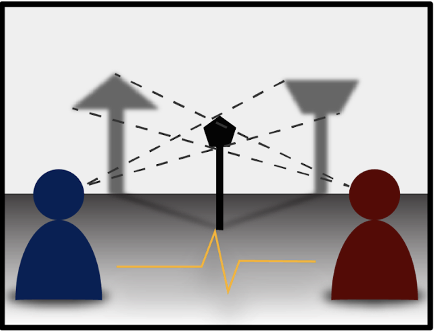
by: Luke Chang
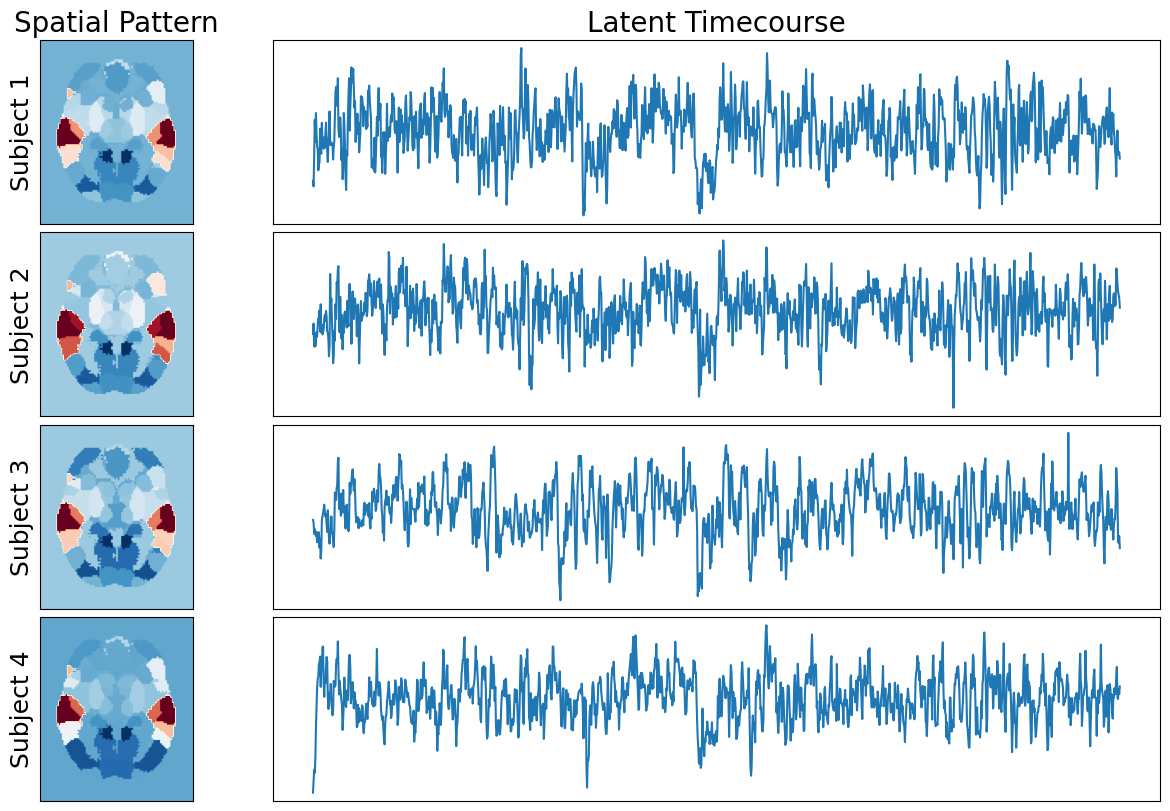
by: Luke Chang

by: Emily Finn
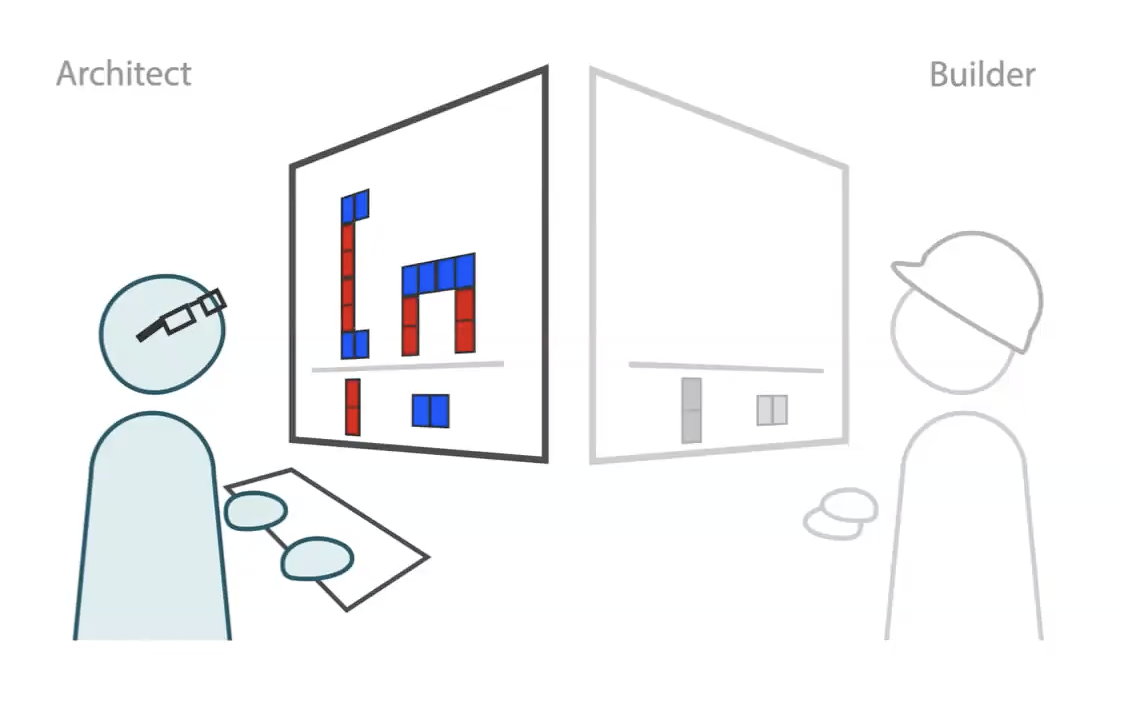
by: Robert Hawkins

by: Robert Hawkins
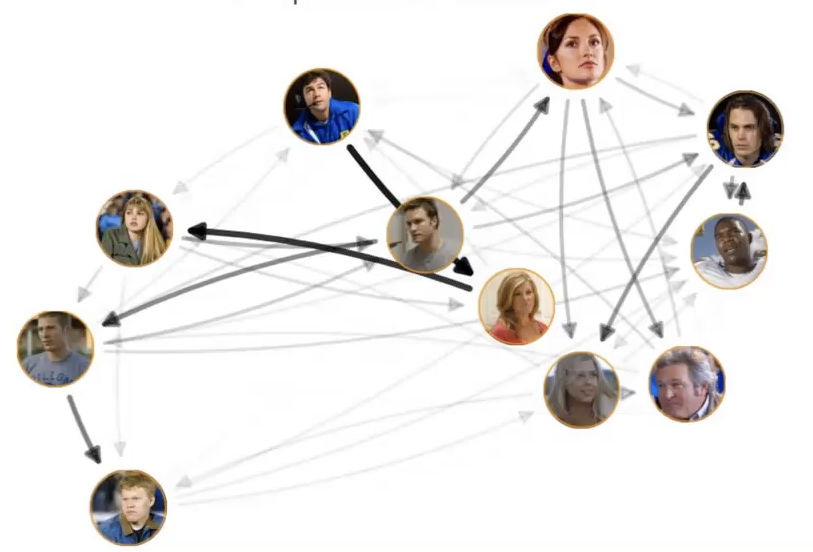
by: Eshin Jolly
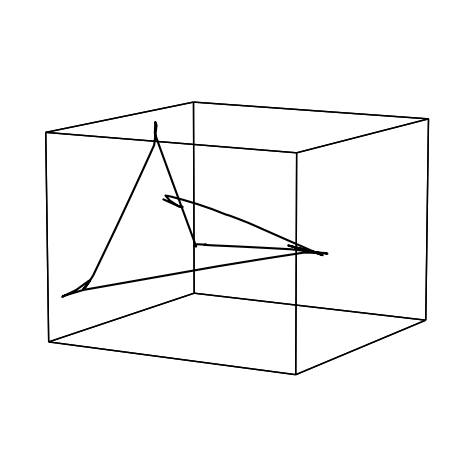
by: Jeremy Manning

by: Jeremy Manning
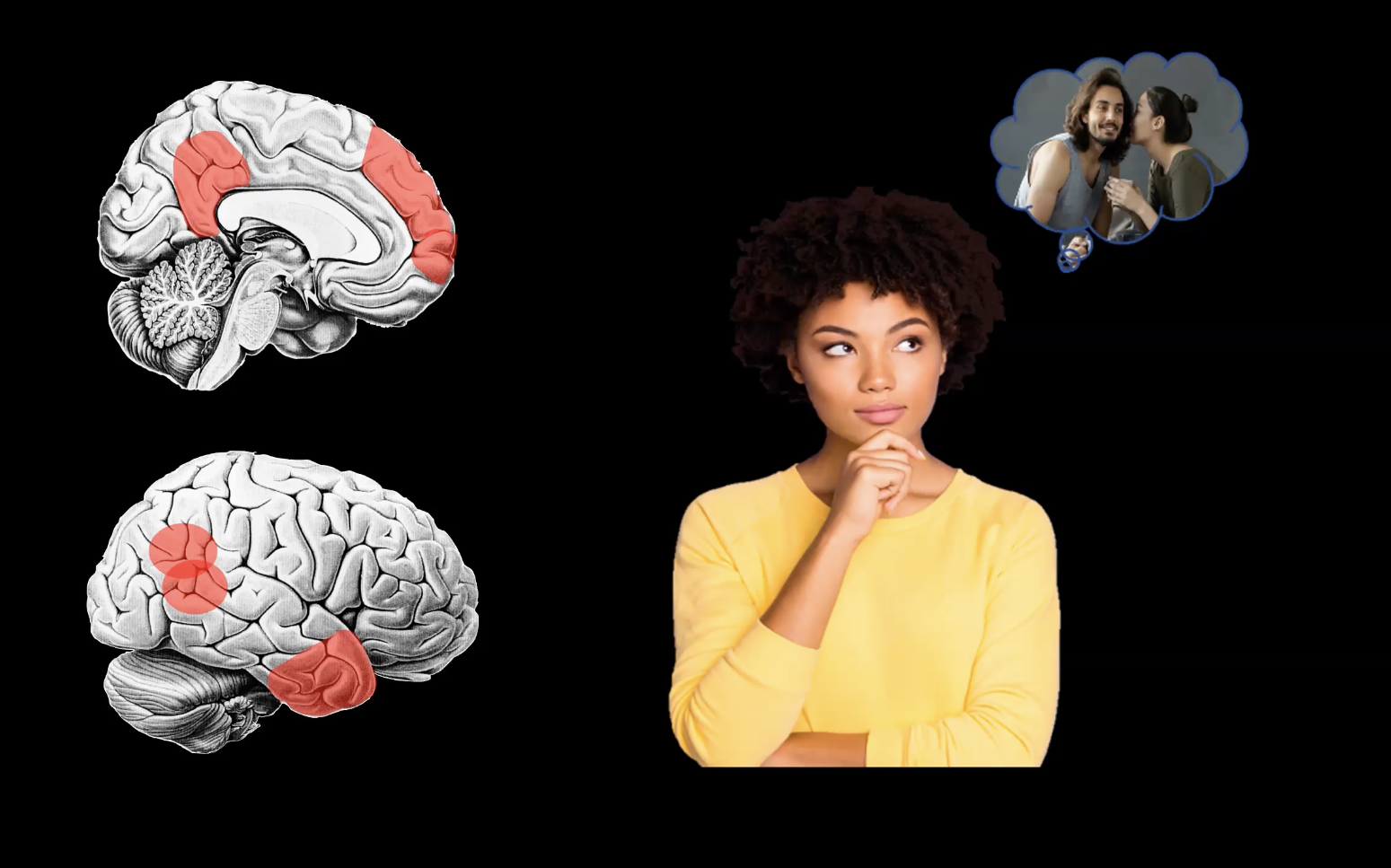
by: Meghan Meyer
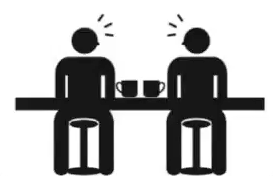
by: Matt Nassar
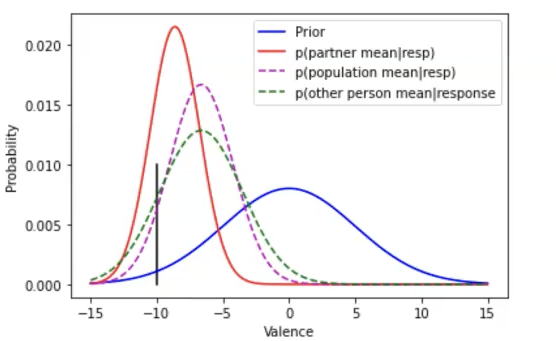
by: Matt Nassar
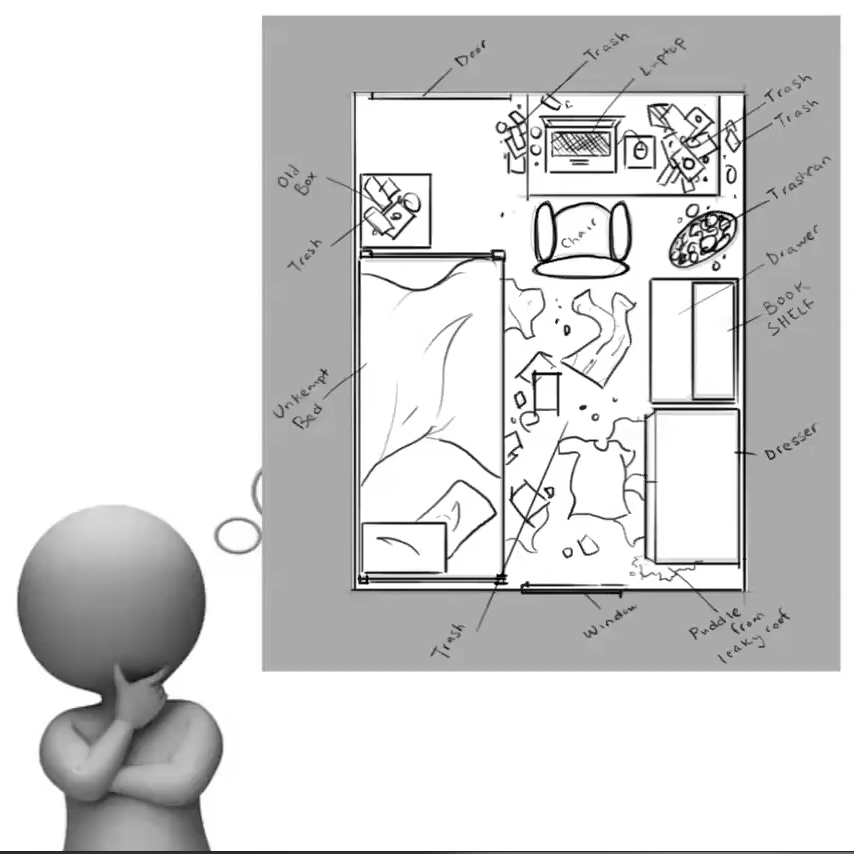
by: Jonathan Phillips
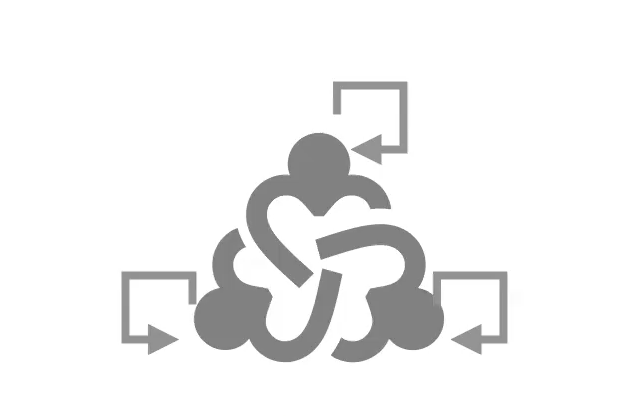
by: Manish Saggar
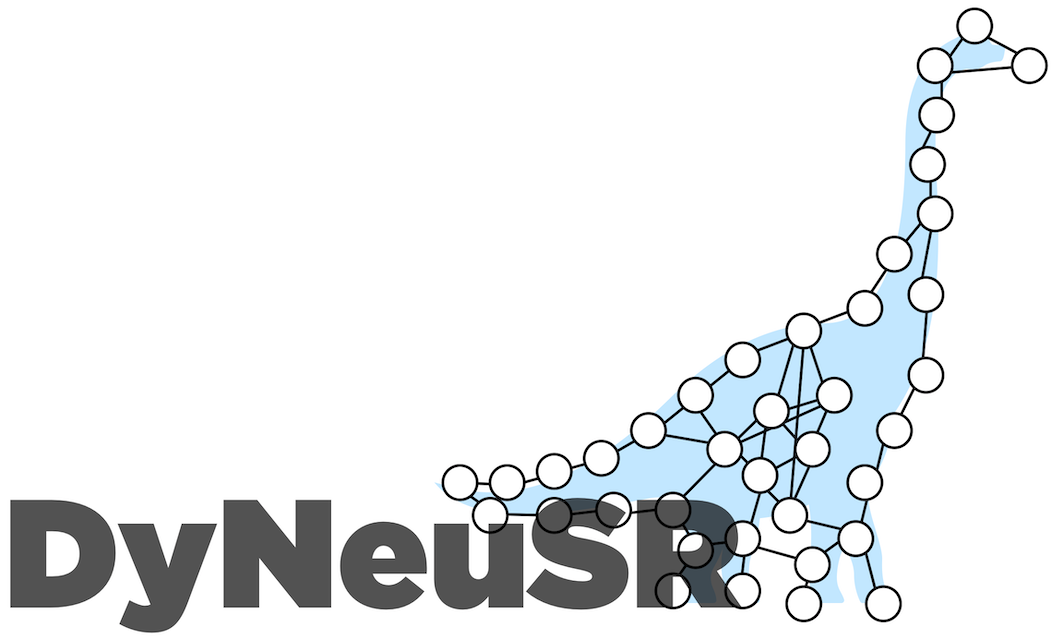
by: Manish Saggar
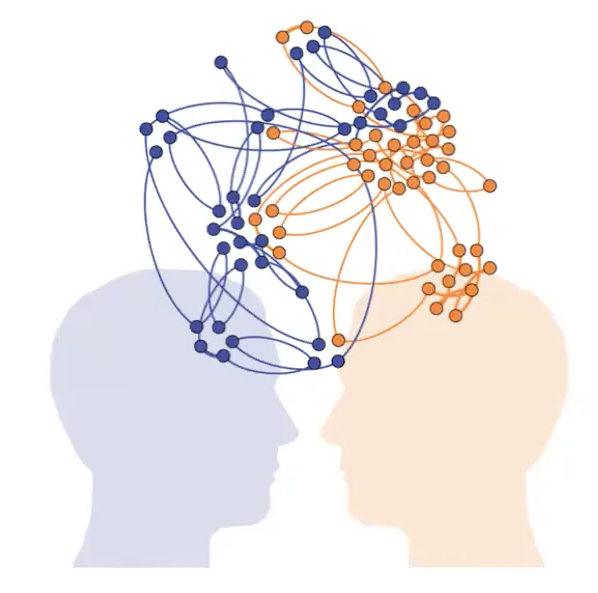
by: Arjen Stolk
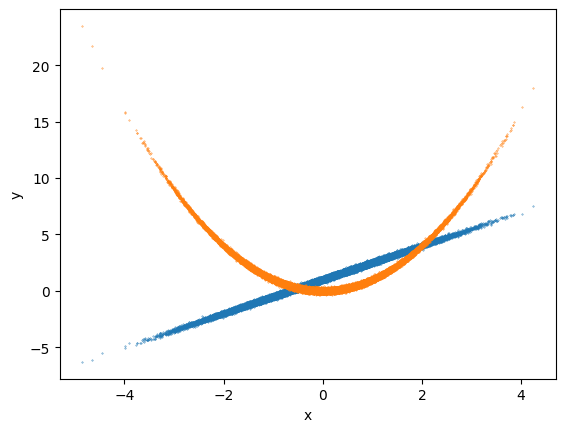
by: Mark Thornton
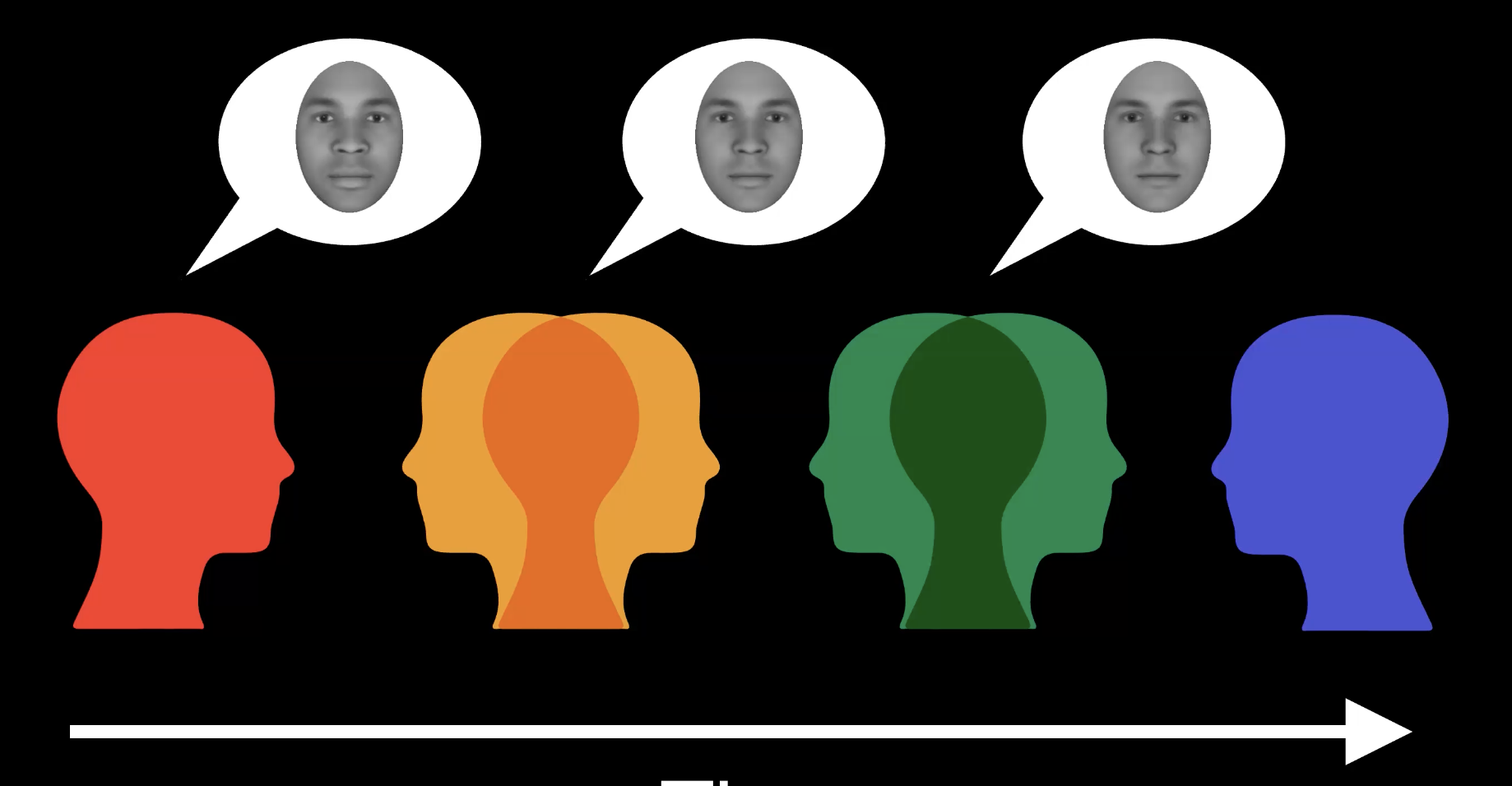
by: Stefan Uddenberg
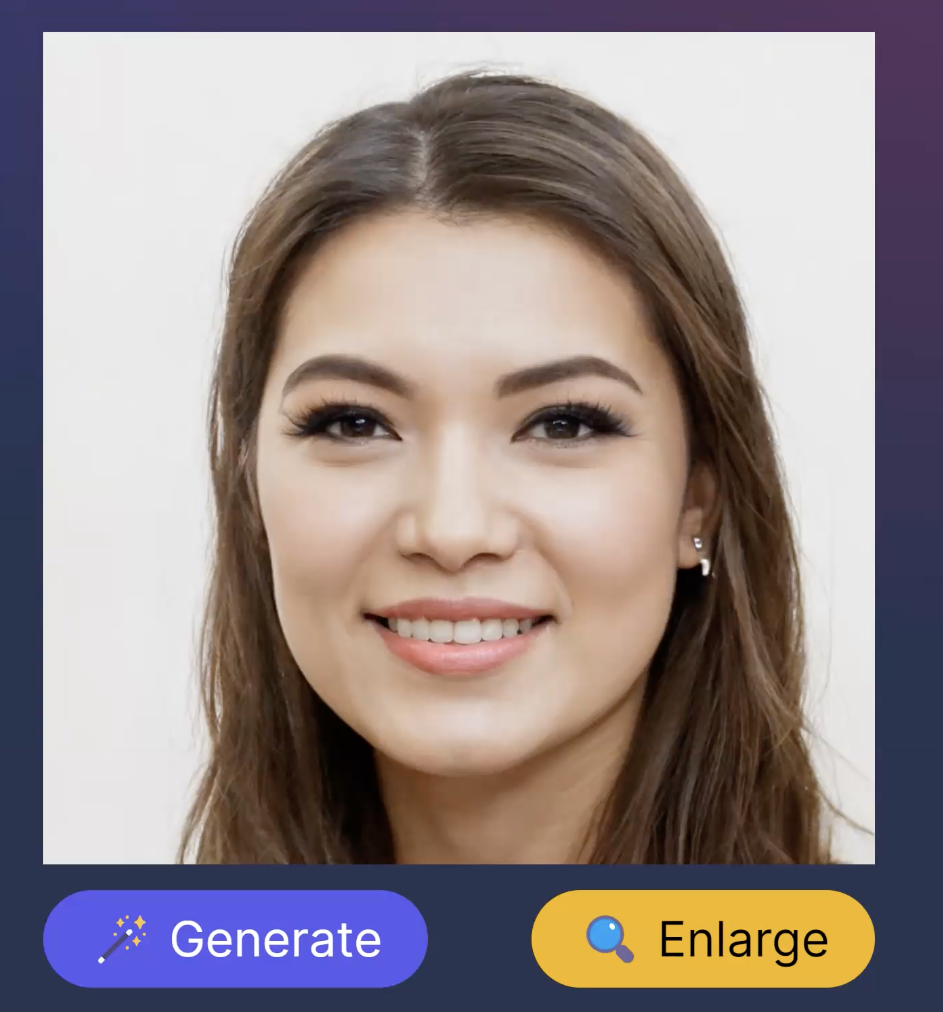
by: Stefan Uddenberg
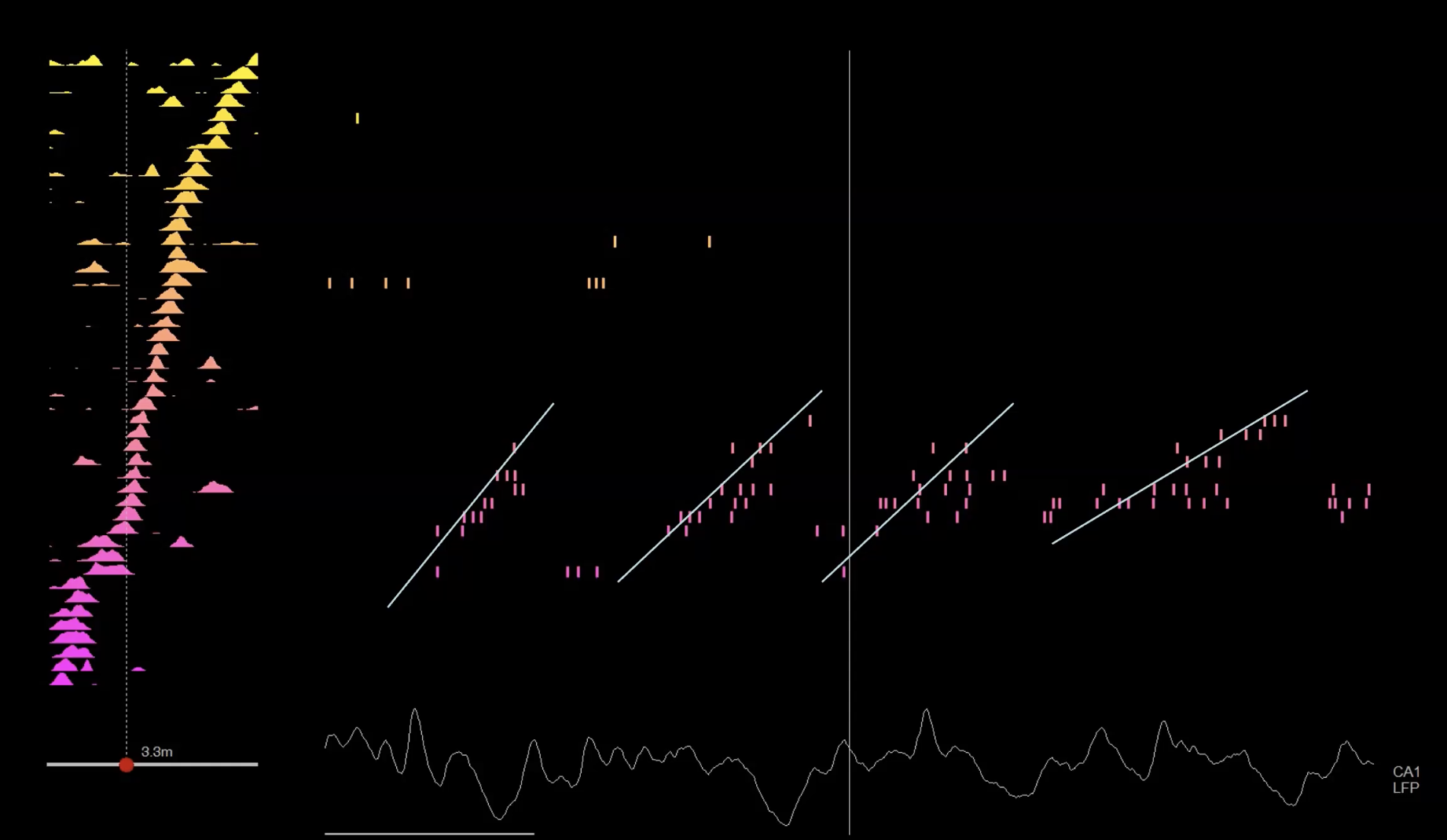
by: Matt van der Meer

